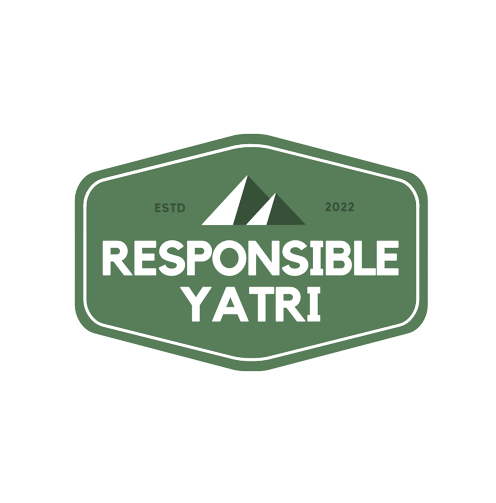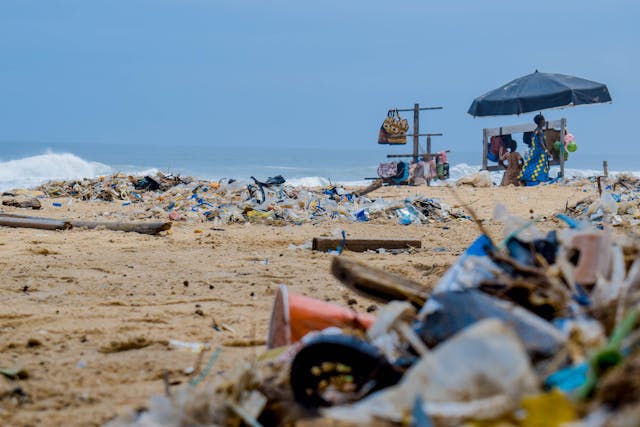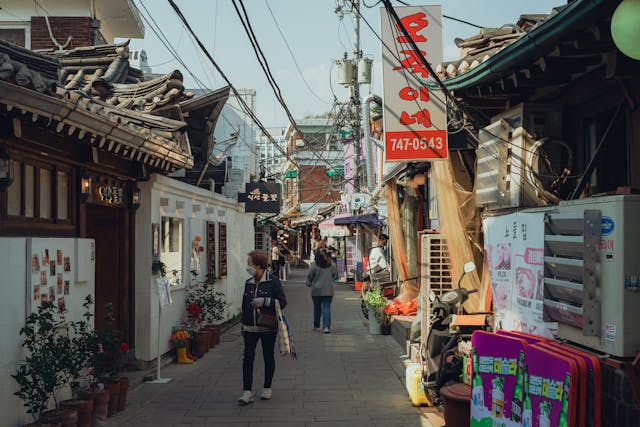Planning a road trip across India is an exciting adventure, filled with diverse cultures, breathtaking landscapes, and vibrant cities. But traveling through such a beautiful and ecologically sensitive country also means being mindful of your impact. A zero-waste road trip is a sustainable way to explore India without leaving a negative mark on the environment. Here’s a guide on how to plan and execute a zero-waste journey that’s both memorable and responsible.
1. Plan Your Route Thoughtfully
A well-planned route not only saves fuel but also reduces your carbon emissions.
- Optimize Your Route: Use navigation apps like Google Maps or Waze to plan a fuel-efficient route. Avoid backtracking and heavy traffic areas to minimize fuel consumption.
- Include Eco-Friendly Stops: Research eco-friendly accommodations, zero-waste stores, and farmers’ markets along your way to restock supplies. Consider staying at sustainable guesthouses or homestays.
2. Choose an Eco-Friendly Vehicle
The vehicle you choose for your road trip can have a significant impact on your carbon footprint.
- Consider Fuel Efficiency: If renting a car, opt for a hybrid or an electric vehicle. If you own a car, make sure it’s serviced and running efficiently. Proper tire pressure and a well-maintained engine can greatly improve fuel efficiency.
- Carpool When Possible: If traveling with friends or family, carpooling reduces the number of vehicles on the road and splits fuel costs, making your trip greener and more budget-friendly.
3. Pack Smart and Sustainable
Packing for a zero-waste road trip involves making conscious choices to avoid plastic and single-use items.
- Reusable Water Bottles: Invest in a high-quality stainless steel or insulated water bottle. Carry a portable water filter or purifier for refilling from natural sources or public taps.
- Food Containers and Beeswax Wraps: Pack snacks in stainless steel containers or use beeswax wraps to avoid plastic bags and cling wrap. Carry reusable cutlery, bamboo straws, and cloth napkins.
- Eco-Friendly Toiletries: Bring solid shampoo and conditioner bars, bamboo toothbrushes, and homemade or zero-waste toothpaste in reusable jars. Consider biodegradable soap and reusable cotton rounds.
- Cloth Bags and Containers: Keep a few cloth or mesh bags for shopping. Store groceries in glass jars or containers that can be reused.
4. Be Prepared to Manage Waste
Carrying your waste responsibly is key to a zero-waste road trip.
- Create a Waste Separation System: Use separate containers for compostable waste, recyclables, and non-recyclables. You can easily compost organic waste at designated spots along your journey or in community compost bins.
- Say No to Single-Use Items: Be prepared to refuse plastic bags, disposable cutlery, and packaged water. Having your reusables on hand makes this easier.
5. Shop and Eat Sustainably
India is known for its vibrant local markets and delicious street food. You can enjoy these experiences in a sustainable way.
- Visit Farmers’ Markets: Buying fresh, local produce reduces the environmental impact associated with packaged and processed foods. Carry your own containers and bags for shopping.
- Eat at Local Restaurants: Dining at family-run dhabas and local eateries not only supports the community but also reduces packaging waste. Avoid restaurants that use disposable plates and cups.
- Pack Homemade Meals: If you prefer to cook your meals, carry a small camping stove. Prepare simple, nutritious meals using ingredients bought from local markets.
6. Practice Sustainable Hygiene
Hygiene is crucial on a road trip, but you can stay clean while being eco-friendly.
- Use Reusable Hygiene Products: Women can carry menstrual cups or reusable pads. Everyone can pack reusable handkerchiefs instead of tissues.
- Eco-Friendly Wet Wipes: If you need wet wipes, opt for biodegradable ones, but use them sparingly. Better yet, carry a reusable washcloth and soap for cleaning up.
7. Respect Nature and Wildlife
India’s natural landscapes are diverse, from the deserts of Rajasthan to the forests of the Western Ghats. Preserving these environments is crucial.
- Follow Leave No Trace Principles: Clean up after yourself and leave natural sites as you found them. Avoid disturbing wildlife and stick to marked trails.
- Avoid Overcrowded Destinations: Choose less-visited places to reduce the strain on popular spots. This not only enhances your experience but also helps in preserving the environment.
8. Stay in Eco-Friendly Accommodations
Where you sleep at night can make a difference.
- Support Green Stays: Look for eco-friendly hotels, hostels, or campsites. Check if they use renewable energy, have waste management systems, and source food locally.
- Camp Responsibly: If you plan to camp, follow campsite rules and carry all waste back with you. Use biodegradable soaps and avoid lighting fires in sensitive areas.
9. Document Your Journey Responsibly
Capturing memories is a big part of any road trip, but do it with care.
- Use a Digital Camera: Rather than buying disposable cameras or film rolls, use a digital camera or your smartphone to capture your adventures.
- Be Respectful When Taking Photos: Always ask for permission before photographing locals and be mindful of sacred sites and natural habitats.
10. Inspire Others to Travel Zero-Waste
Share your experience with friends and family to inspire them to adopt zero-waste practices.
- Write a Travel Blog: Document your journey and share tips on zero-waste travel. Mention places you visited that prioritize sustainability and how others can follow your lead.
- Use Social Media for Good: Share your experience on social platforms to raise awareness about responsible tourism. Highlight both the challenges and the rewarding aspects of zero-waste travel.
A zero-waste road trip across India is an adventure filled with learning, connection, and sustainability. By planning thoughtfully and embracing conscious choices, you can explore the country’s diverse beauty while protecting the environment. Remember, every small step counts, and your effort can inspire many others to make a difference.
Happy zero-waste travels, and may your journey be as kind to the planet as it is rewarding for your soul!





